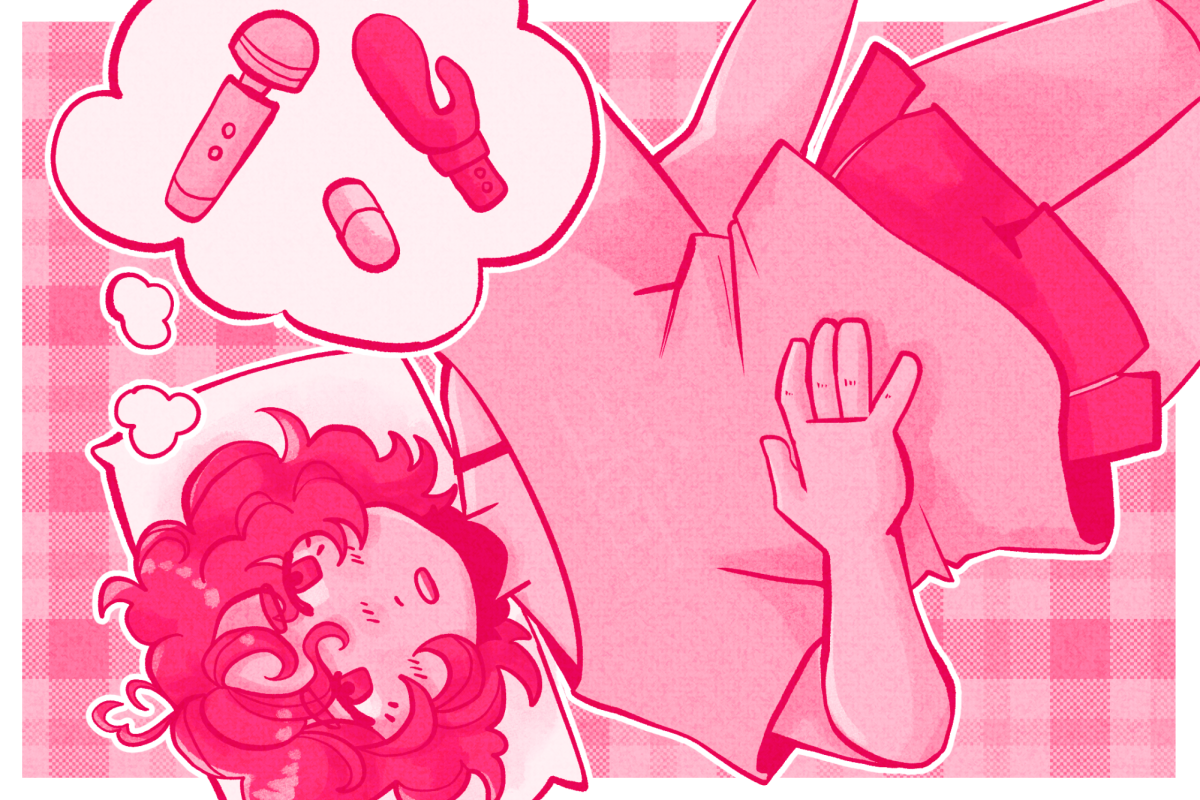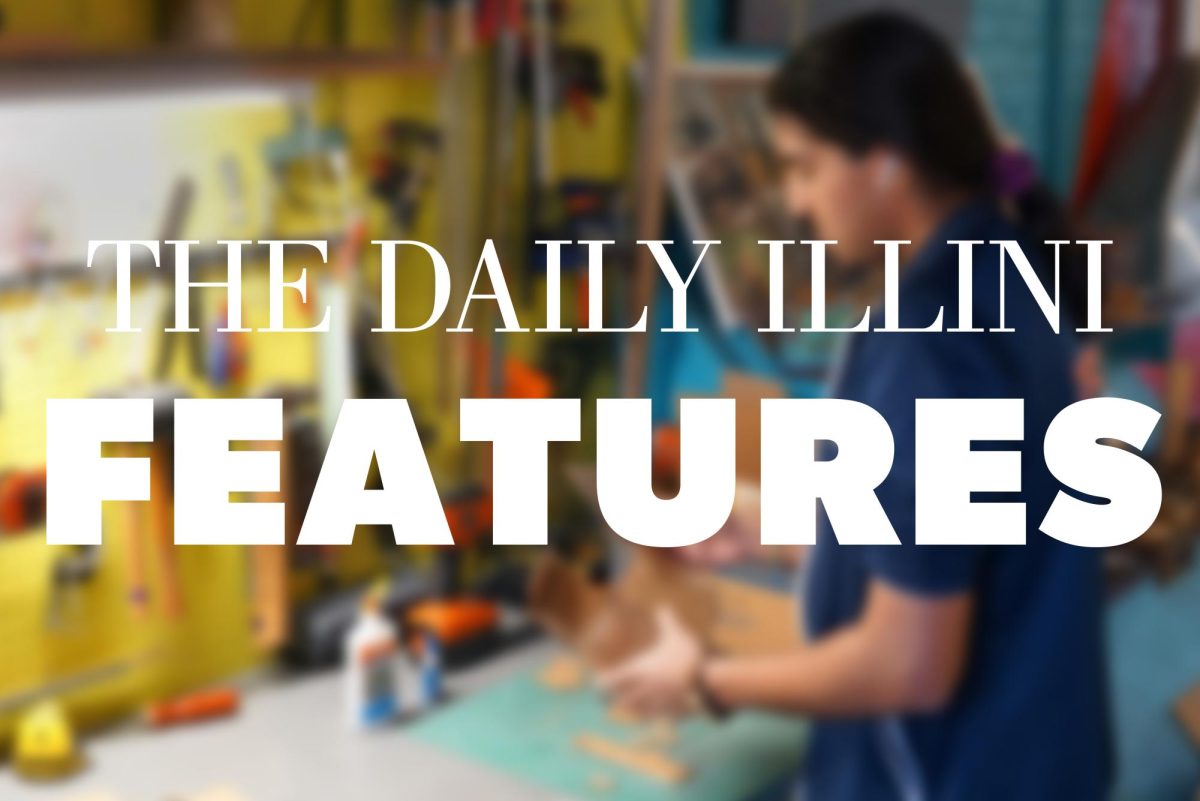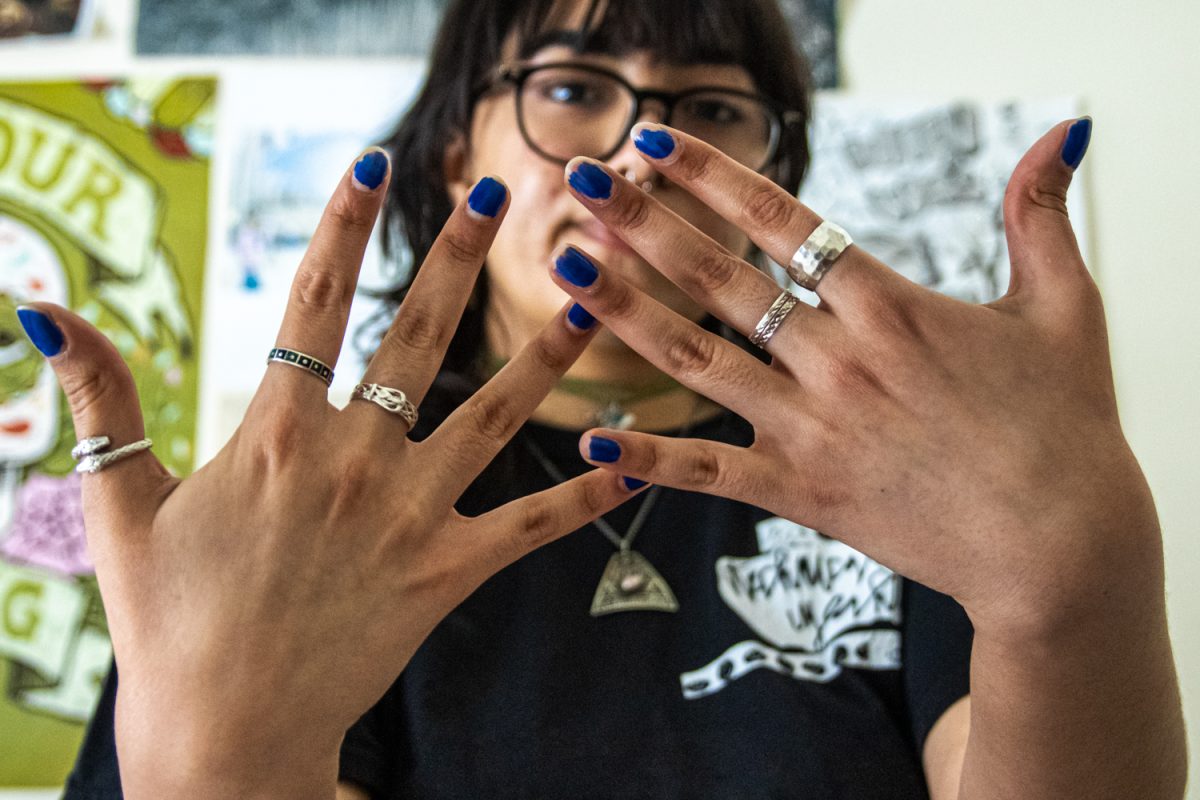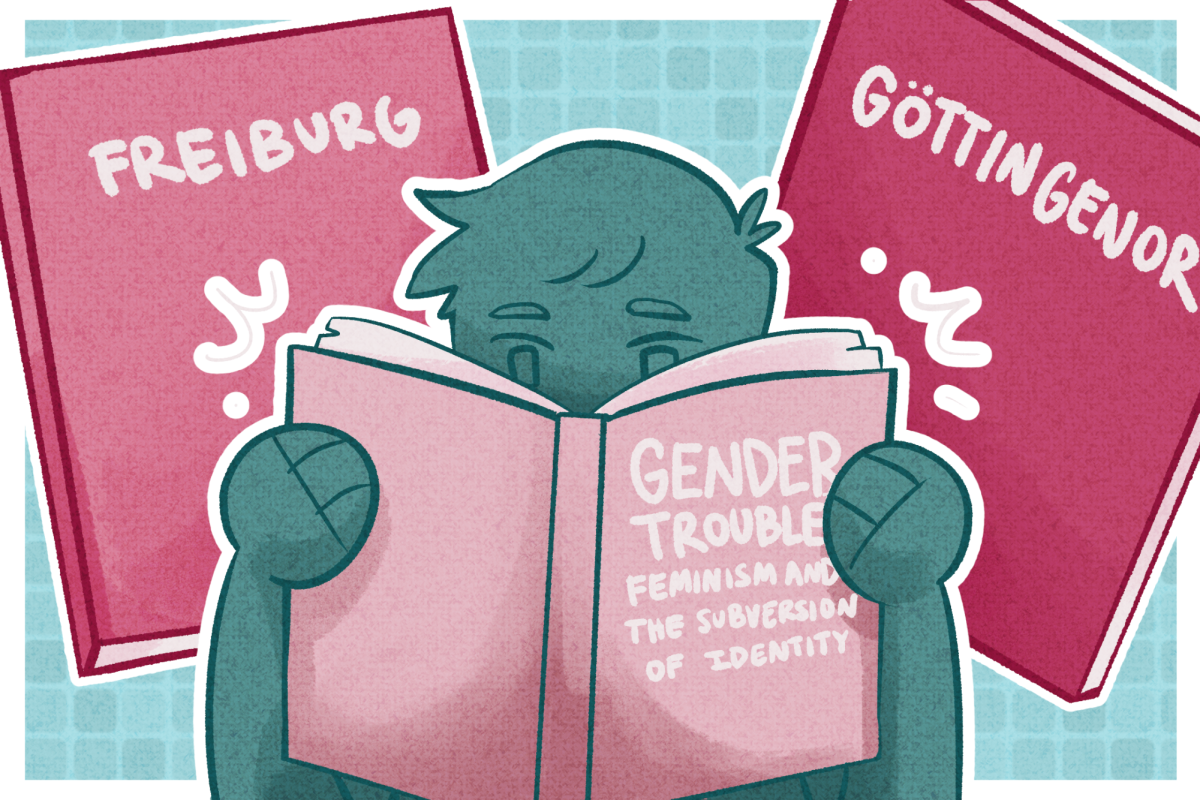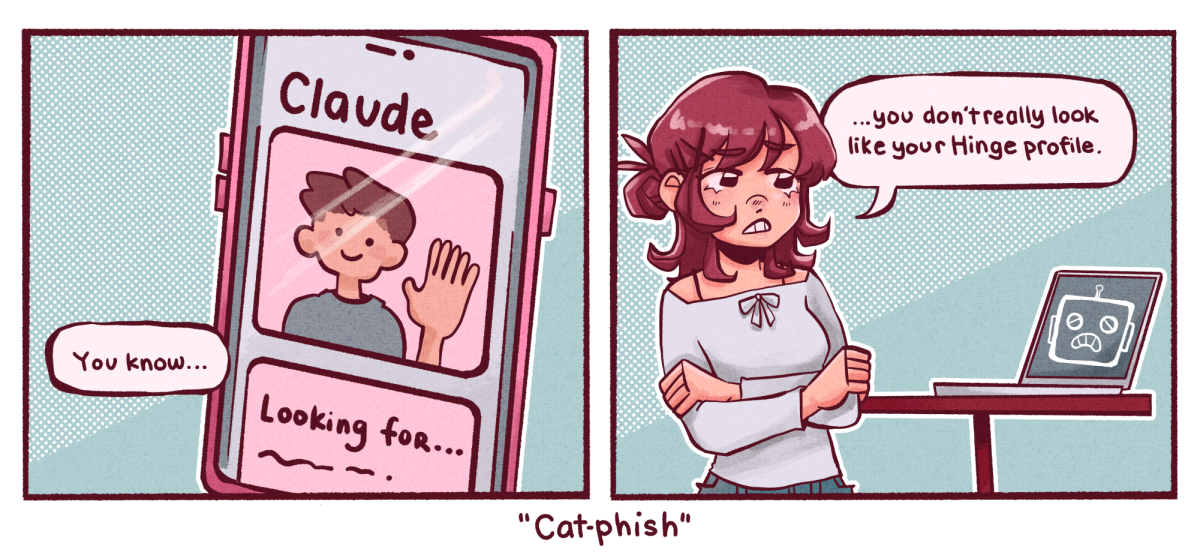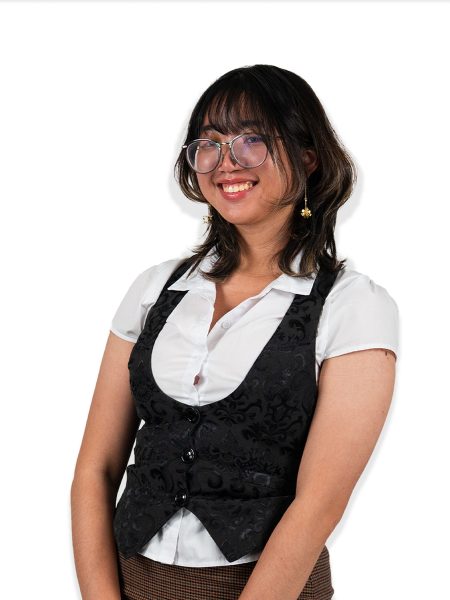Consent is more than “no means no.” Navigating the nuances of consent can feel murky for college students, especially when education on the subject falls short.
Thankfully, conversations around consent have evolved in the last decade. Open discussion, especially with younger generations, is more and more common.
Within the University, resources support these evolving conversations. They equip students with tools to understand consent better and build healthier connections. The Women’s Resources Center has taken strides to offer safe spaces for students to learn about not just consent but sex education overall.
One example is the First Year Consent and Relationship Education program, which is mandatory for all first-year and transfer students.
“FYCARE came because students asked for it,” said Nora Peterson, associate director of Prevention at the WRC. “They wanted a space to learn more about how: one, to be safe, and two, to create safer spaces on campus. So, it came about through student activism.”
Get The Daily Illini in your inbox!
Student activism has driven many benchmarks of progress at the University. The establishment of the WRC has its roots in student activism.
“We’re here because students want us to (be), so we take that responsibility and that commitment really seriously,” Peterson said. “So student feedback and student participation in creating our programs and identifying needs is something that we do in every service.”
According to its website, FYCARE workshops focus on the dynamics of sexual assault, ways to support survivors, understanding consent and campus and community resources.
Student facilitators involved with the WRC lead these interactive workshops. Alyssa Schramm, senior in LAS, is in their fourth semester teaching FYCARE.
“As I was learning about these warning signs of violence, particularly relationship violence, I came to terms with the fact that I’ve experienced some of those things,” Schramm said. “It was somewhat distressing, but I went up to the facilitators during our break, and I told them what I was experiencing, and they were so helpful, so kind.”
Schramm became involved with the program after their own mandatory session as a freshman, citing the welcoming environment of the facilitators as a motivator to join the team.
“That’s the personal motivation that led me to become one of the facilitators,” Schramm said. “Firstly, hoping to decrease rates of sexual violence but also to be a source of support if anyone was in a similar place as I was in that workshop.”
Schramm identifies as non-binary. They stress that the WRC offers services for support and education regardless of a person’s gender identity.
“I reiterate that so many times in the workshop because I think that a lot of students might hear Women’s Resources Center and be like, ‘Oh, that’s not a space for me,’” Schramm said. “But it’s absolutely not the case; we have such a wide range of things we do.”
People often imagine consent through a narrow, heteronormative lens. This assumption erases the realities of a campus as diverse as the University.
“I don’t want our office title to be a barrier if someone who is non-binary experiences violence but feels like they can’t come into our space,” Schramm said.
Recognizing this gap, FYCARE introduced “affinity group workshops” last fall. Peterson describes the workshops as a way to meet students where they are, fostering conversations that resonate across different communities.
“Affinity groups are meant for students with specific identities, who, if they feel more comfortable having these conversations with other people who belong to those identities, they can,” Peterson said. “We had really positive feedback from facilitators and participants, and that’s something we’ll continue to explore for future versions of the workshop.”
Though imperfect and constantly adapting, the University has made progress in setting standards for conversations about consent. Resources like the WRC are essential to this.
The center also offers the GUARD program for Greek life organizations. According to Fraternity and Sorority Affairs, at least one initiated member per every 35 members of the chapter’s total size attends this program.
“We do these workshops by request, frequently by student RSOs or Greek chapters, even departments sometimes,” Peterson said. “GUARD is a sexual assault prevention program, so there’s a lot of discussion about consent within that as well.”
This is an important push compared to other universities, which might not have these expectations for Greek organizations.
Celeste Tomaselli is a senior in LAS and FYCARE facilitator. She shared her gratitude for learning and teaching about consent since coming to college. Like Schramm, she found a safe space in the WRC to talk about her experiences.
Tomaselli emphasized how any type of unwanted sexual contact contributes to the umbrella term that is “sexual violence.”
“It was really validating to know that sexual violence and even sexual assault isn’t just rape,” Tomaselli said.
To become FYCARE facilitators, students must complete the course HK112: Sexual Violence Prevention and Practice. During the course, Tomaselli found an eye-opening insight into the complexities of navigating consent within the University’s richly multicultural environment.
“We talk a lot about cultural competency and how everyone’s cultural background is going to influence not only some of their decision-making but also just how they view boundaries and what consent might mean to them,” Tomaselli said.
Many students may not know about the services the WRC offers, such as the confidential adviser program. The program gives students who have experienced sexual violence a supportive space without requiring them to file a formal report.
“Students might feel lost and not exactly sure what the next steps are,” Tomaselli said. “So with a confidential adviser, you don’t have to report any sexual violence to the University; you just talk through what happened and choose what next steps to take, if you want to or not.”
Ultimately, fostering a culture of consent requires individual effort and institutional support.
Creating a safe space is more than checking off policies or required programs. It’s about encouraging open, honest dialogue and empowering everyone to advocate for themselves and others.
“Sexual violence prevention, at the end of the day, is culture change,” Peterson said. “It’s up to all of us to make the culture that we want. It’s not us sitting in the office, right? It’s all of us deciding together.”




